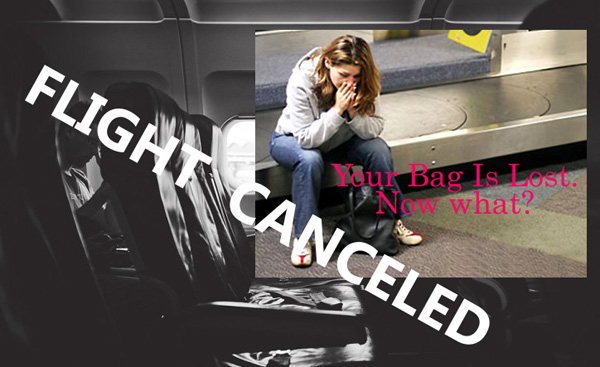
Why shouldn’t you buy a current RyanAir ticket for $11.85 between London and Shannon? Because you can use those funds to buy a cup of coffee and actually drink it.
Western travelers excited about returning to Africa and other far off places have a number of hurdles facing them. The most important one is how to get there. Current enticements by ridiculously discounted air tickets is not a solution.
According to Bloomberg, airline passenger traffic has plummeted 94% from pre-pandemic levels:
“From crippling financial losses and painfully diminished market values to shrunken networks and mounting debt, the industry has been put through the wringer.” And it’s worst in Africa.
The only way any airline will survive this coming summer is if a government bails them out.
That’s happening in America and Europe where $40 billion has gone to three airlines along with three times that amount in low interest loans. In Europe more than €20 has gone to three major airlines. In Africa, zilch. Worldwide, governments have forked out $220 billion to keep airlines, their employees and suppliers alive.
When it’s finally over, “A Poorer and Smaller Industry” concludes AviationWeek.
Africa’s biggest, oldest and most successful air carrier, Ethiopian Airlines, rarely a loss suffered in its 75 years of operation. When the pandemic started Ethiopian actually seemed to be profiting from the massive schedule cancellations of other airlines as it continued to fly – albeit on restricted schedules – to practically everywhere that let it land.
But hardly two months into the pandemic this stellar business enterprise announced a half billion dollar loss. That would be equivalent to American Airlines announcing a four trillion dollar loss.
No government bailout followed. So the airline pivoted quickly, removing up to a quarter of its seats on all its aircraft to increase cargo space.
Cargo concentration may have saved Ethiopian Airlines, but under Ethiopian law less and less transparent fiscal information is being disseminated. Recent massive ticket price cuts suggest things aren’t going well as far as flying passengers goes. Dependent now upon its cargo schedules which ordinarily are irregular, Ethiopian’s schedules are unreliable for passengers right now.
South African Airlines, technically in bankruptcy but awaiting a promised half billion dollar bailout from its government; Kenya Airways and RwandAir have all stopped flying to virtually all of their international destinations this week. Their employees are in court and/or striking. Websites are breaking.
In just the last few weeks covid regulation changes were massive in Kenya, South Africa and almost all sub-Saharan African countries as their summer ends with huge surges of the virus and more infectious variants.
These public health regulations are effecting travel worldwide. The Guardian’s January summary of airline regulations, hurdles and forecasts fills nearly an entire issue.
Even for travelers who believe they are flying to some distant location as early as June or July, they should not buy airline tickets, now.
It’s not just a matter gambling on a ticket price, (which is critical by the way. Major airlines like Lufthansa are still holding estimated hundreds of millions of dollars of refunds due travelers whose flights they canceled last year.) Yet travelers understandably believe with a ticket-in-hand, their trip is a sure bet. Itineraries that might then have to change, or plans at home that are then disrupted, occur with more pain.
It will feel odd to be sure. But preparations for trips that do finally operate after this virus subsides will include buying airline tickets only weeks, not months before departure.
Odd but realistic. So what’s new?